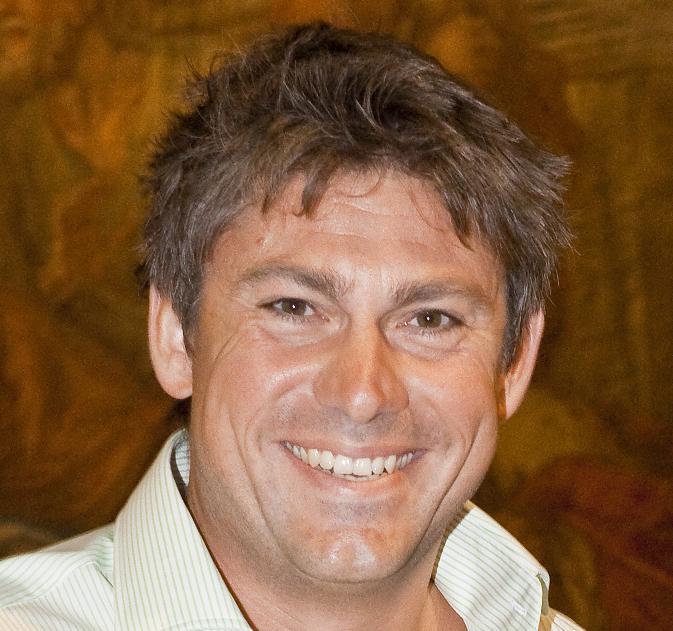
PROJECT SUMMARY:
Aphasia following stroke results from damage to the neural networks that underpin language processing and can impact all communication functions that utilize language. About 30% of all stroke patients suffer from aphasia and in a large percentage of these patients the condition persists more than one year after stroke. These chronic language impairments are among the most devastating consequences of stroke, by affecting vocational re-integration, social life and psychological well-being on the individual level and placing major burdens on the health care system. Due to the increasing pressure to provide more efficient rehabilitation services, there is an urgent need to explore new strategies to enhance treatment efficacy. In an exciting recent development, non-invasive transcranial direct current stimulation (tDCS) has shown promise in improving language function in post-stroke aphasia. Yet the neural mechanisms underpinning language facilitation by this new approach are not known. This study aims to exploit recent developments in brain stimulation paired with neuroimaging technology, to address the neural underpinnings of improved language functions in post-stroke aphasia induced by tDCS. This will be accomplished in a placebo (“sham”) stimulation controlled cross-over functional magnetic resonance imaging (fMRI) study with simultaneous (intrascanner) tDCS. The design allows assessing in parallel the impact of the stimulation on language production and functional brain activity and connectivity. We hypothesise that improved language processing during atDCS compared to placebo-stimulation will result in enhanced neural efficiency in stimulated language-related networks as assessed during fMRI. This study will help to optimize the effectiveness of future clinical trials that administer speech therapy in combination with brain stimulation in aphasia, to provide more efficient rehabilitation services. Improving outcomes for individuals with post-stroke aphasia would have a major impact on the community, given the significant negative social and economic effects of this common condition on the individual and their family.



 The Brain Foundation is the largest, independent funder of brain and spinal injury research in Australia. We believe research is the pathway to recovery.
The Brain Foundation is the largest, independent funder of brain and spinal injury research in Australia. We believe research is the pathway to recovery.